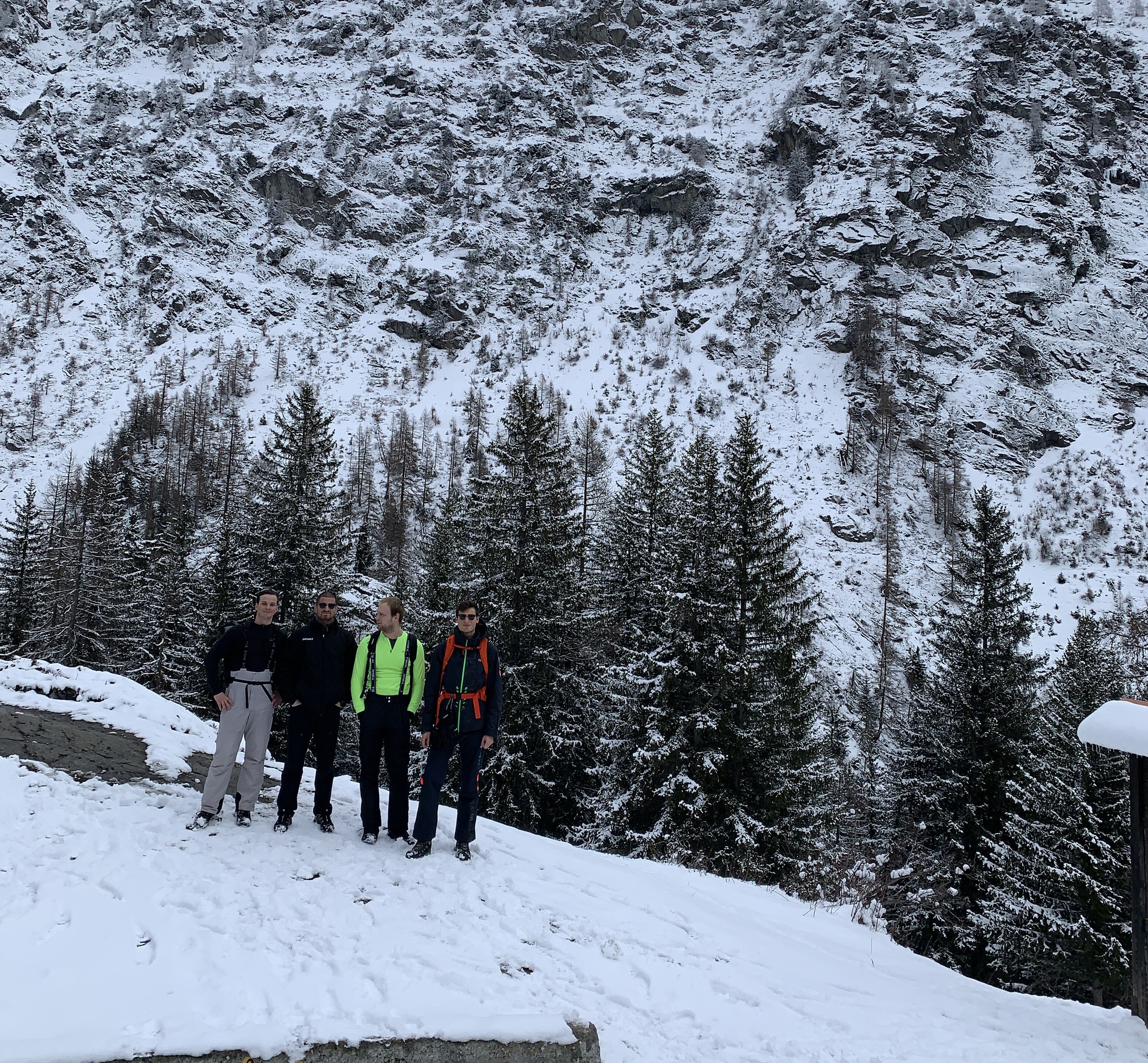Scarabaeus - Navigation Tool for Interplanetary Missions
Scarabaeus is a modular and high-performance open-source tool for orbit determination and navigation, designed for interplanetary spacecraft and small-body proximity operations. It is developed by the Orbital Research Cluster for Celestial Applications (ORCCA) Lab at the University of Colorado Boulder.
The software features a Python front end with C++ and Rust backends for key numerical components. It supports:
- precise force modeling (polyhedral gravity, SRP, third-body, J2, etc.),
- radiometric measurement modeling (Doppler, sequential ranging),
- estimation algorithms (Batch least squares, SRIF),
- and tooling for trajectory design, residual analysis, and uncertainty quantification.
Scarabaeus is currently being used in support of the Emirates Mission to the Asteroid Belt, and is expected to be fully open-sourced in 2025. Documentation is already available below.
📚 Documentation
View the Scarabaeus Documentation
📝 Related Publications
-
Design and Preliminary Results of Scarabaeus: A New Open-Source Navigation Tool for Interplanetary Spacecraft Navigation
Jay McMahon, Mattia Pugliatti, Dahlia Baker, Anivid Pedros-Faura, Giovanni Fereoli, Kian Shakerin, Santhosh Pattamudu-Manoharan, Zachary Ellis, Mohamed Almashjari, Mohamed Kuleib, Wendy Frank, Jacopo Villa, Jeremy Knittel
47th Rocky Mountain AAS GN&C Conference, Breckenridge, CO, February 2025. -
The Scarabaeus Open-Source Navigation Tool: Preliminary Results and Real Measurements
Jay McMahon, Mattia Pugliatti, Giovanni Fereoli, Santhosh Pattamudu-Manoharan, Zachary Ellis, Annalise Cabra, Mohamed Almashjari, Mohamed Kuleib, Wendy Frank, Jeremy Knittel
In preparation for the 2025 AAS/AIAA Astrodynamics Specialist Conference, Boston, MA, August 2025.
For questions, early access, or collaboration opportunities, feel free to reach out.
